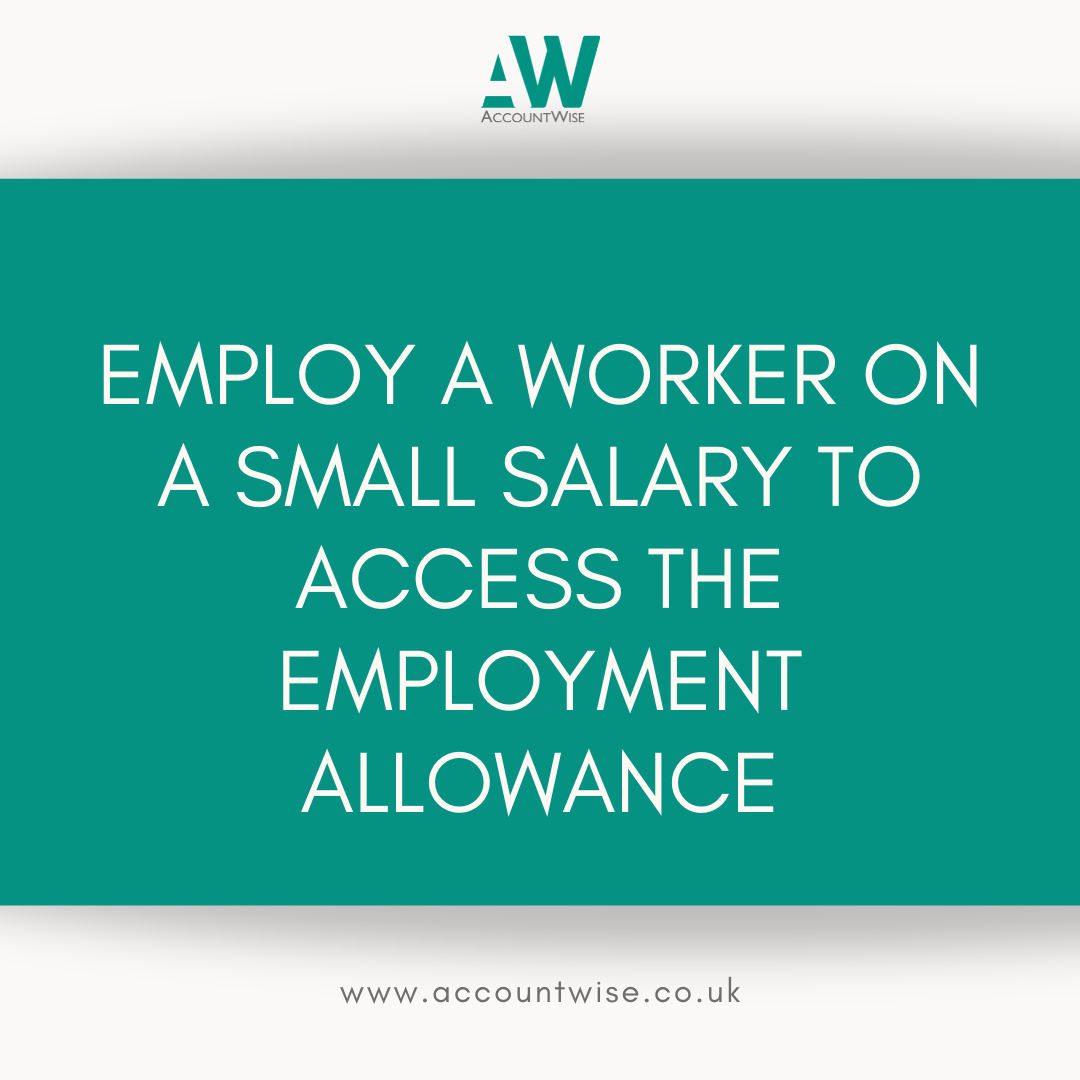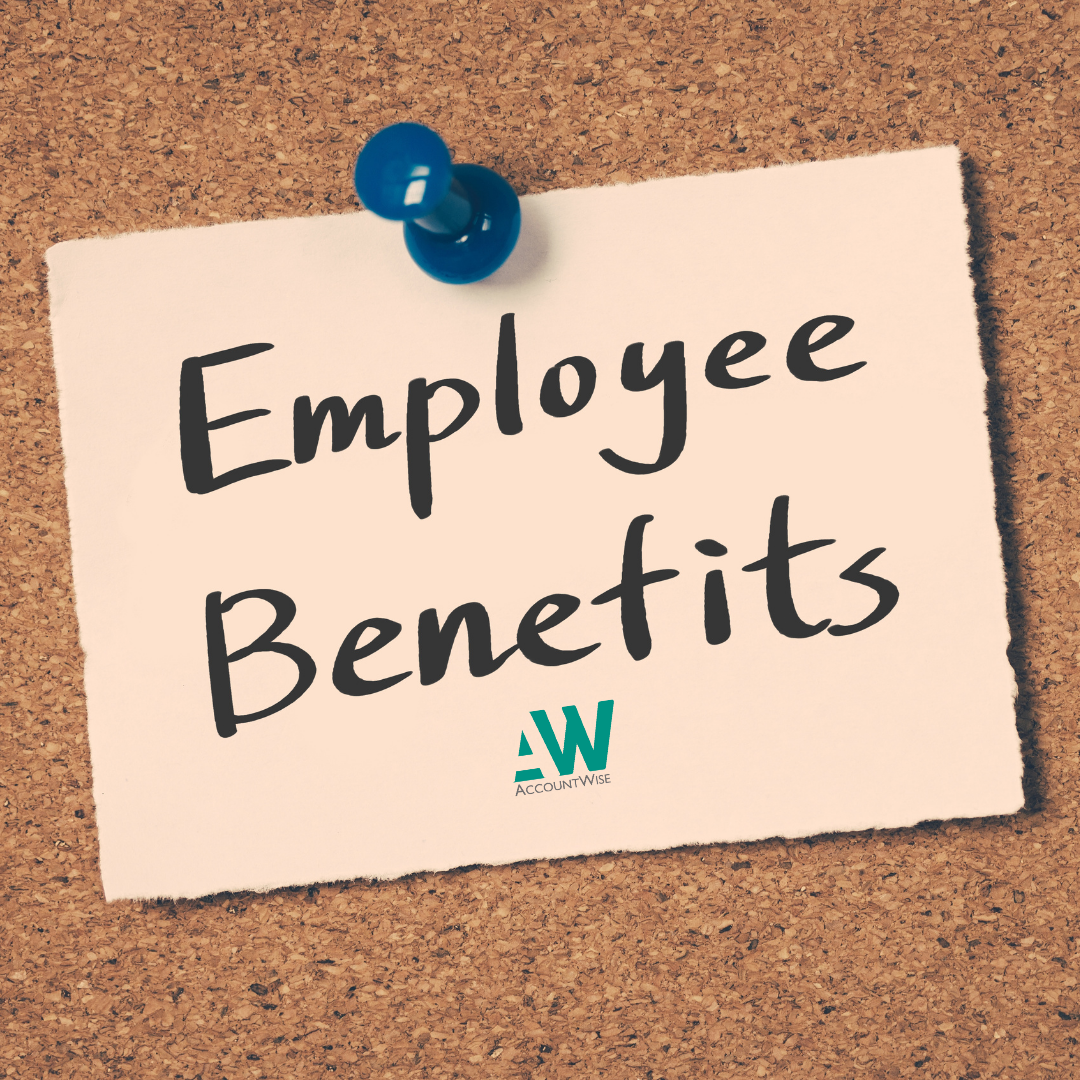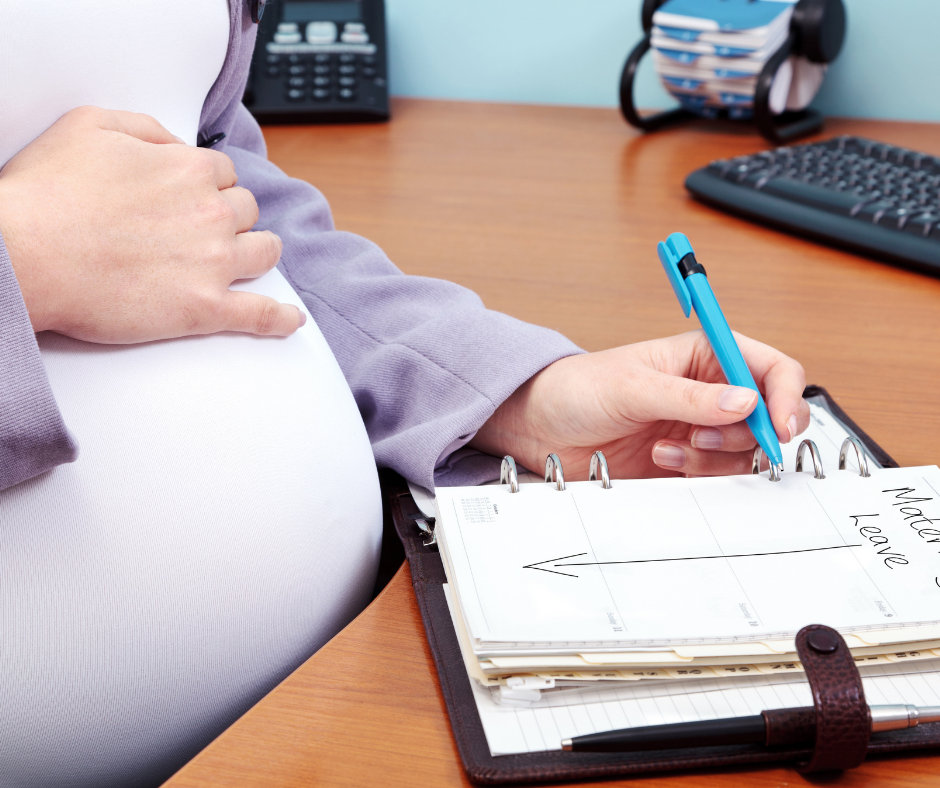Employ a worker on a small salary to access the Employment Allowance
Employer’s National Insurance rose considerably from 6 April 2025. Not only did the rate increase from 13.8% to 15%, but the secondary threshold also fell from £9,100 to £5,000. This is the amount that an employer can pay before a liability to secondary Class 1 National Insurance contributions arises. For 2025/26, the secondary threshold is … Read more










